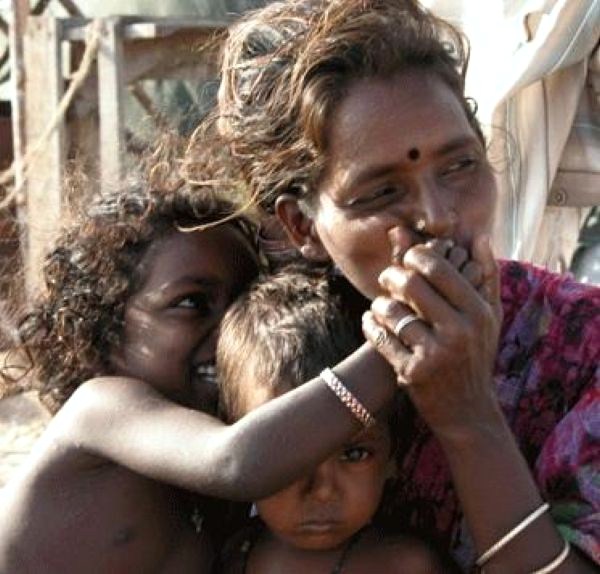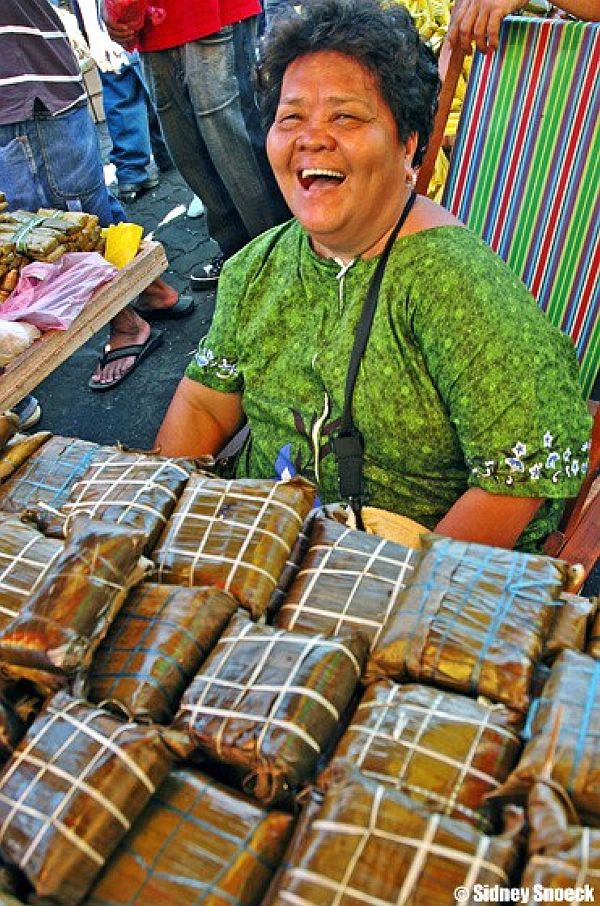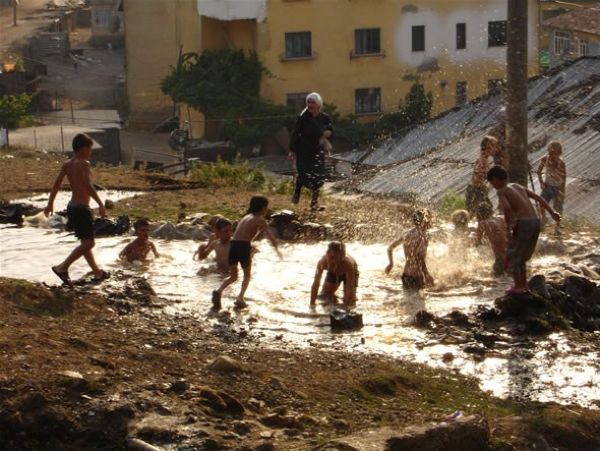Indefatigable

Being Third World isn’t all too pathetic. People in these deepest darkest corners of the globe are used to hardship that this global financial crisis does not cause a surge in suicide and violence rates. In a time like this, the matter of tolerance threshold becomes the level playing field.
People in the so-called Third World, more a term of political economy, are far more resilient. Their emotional and mental strength in a time of economic crisis comes from their sense of forbearance. The endurance springs from an almost total lack of material paranoia.
Repossession of homes and land will not cause sleepless nights of agony because homelessness is the norm.
Loss of healthcare policies and benefits is not a worry because there is hardly any institutionalized healthcare for the majority, anyway.
Dwindling personal savings in banks hardly cause a stir because bank savings are only for those who have extra income to keep unused.
The experience of businesses tumbling down is practically unheard of. Most businesses for the majority of the population (only for those who have, indeed, set up some form of small or medium sized enterprises), belong to the underground economy where there are no taxes paid and, hence, no credit or loans from financial institutions can be availed of.
While money is rational in its utilitarian function, there is something inherently immoral with the banking system. Money kept in banks grows for the owner while being operationally stagnant at his level. The banks consequently use it for all and sundry purposes. But that money isn’t circulated as it is where economic freedom should be. Therefore, this phenomenon only contributes to the fact that there is less currency to be used in paying services and skill. The Third World relies heavily on labor economies (services and skill). Stretch the imagination a bit more and one can easily grasp the reason why poverty is prevalent in the Third World.

The morality and legality of the underground economy should be judged against the morality and legality of hypercapitalism. Underground economies exist where economic freedom is smallest. The question of morality with underground economies should be evaluated alongside the question of morality with the banking system. For instance, the moral and legal issues of piracy of copyrighted media should be considered along with the moral and legal issues of bank loan schemes whose fine print is actually a death sentence. The dichotomy of these two phenomena may not be too far fetched when one sees it within the purview of the freedom from want, a basic human right.
During this global recession, the poor man’s mind is essentially freer. His thinking is comparatively more optimistic. He has far less to lose, after all.
In the poor man’s mind, he always sees himself at the start of the line, looking forward with hope for a better life somewhere out there. The rich, on the other hand, sees himself at the end of the line, looking back to how life used to be better. In this global economic meltdown, the tables are turned.
While the situation of the poor may be deemed bleak, poor people are never hopeless. When one eats deprivation for breakfast, a lunch of a plate of instant noodles isn’t too bad.
People in the Third World are construed as pitiable. Think again. Wretchedness is a mind thing. The name Third World has been further euphemized to developing countries. Hence, there is always some form of development that is up and coming. It is never hopeless. On the contrary, it is always hopeful.
Those who think that the term ‘Third World’ is pejorative would do well to read up more current news.

[…] Money kept in banks grows for the owner while being operationally stagnant at his level. The banks consequently use it for all and sundry purposes. But that money isn’t circulated as it is where economic freedom should be. …[Continue Reading] […]
Stocks and Bonds » Blog Archive » Indefatigable « Issuesbeyondborders
December 21, 2008 at 6:31 pm